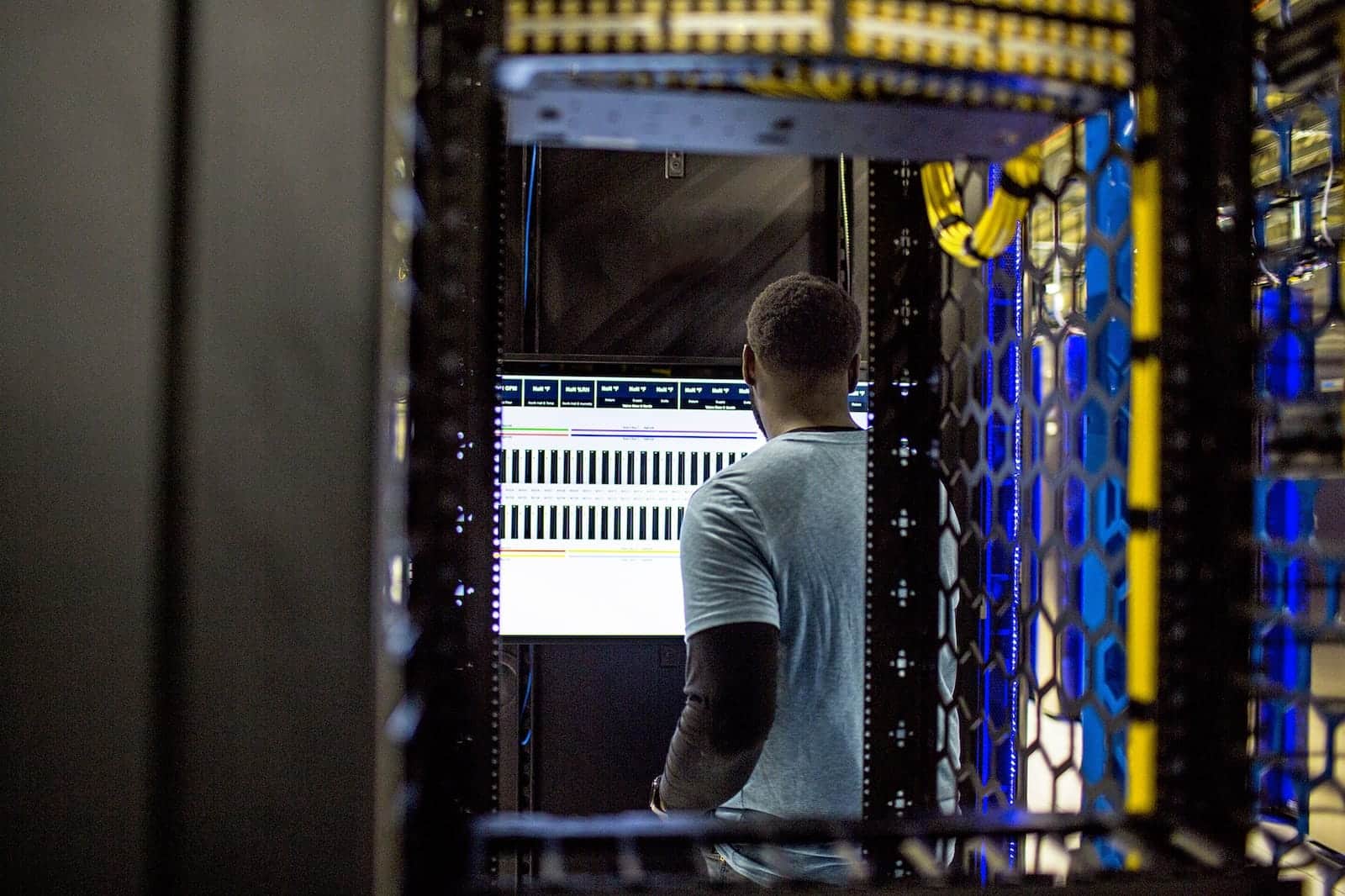In an unexpected turn within the technological race to dominate the artificial intelligence market, Microsoft has begun scaling back its data center expansion in the United States, canceling lease agreements that represent several hundred megawatts of capacity, equivalent to approximately two large data centers.
This decision comes just months after the company announced an ambitious $80 billion investment in AI and cloud infrastructure for the current fiscal year, raising questions about the sustainability of the spending pace on artificial intelligence technologies that major tech companies have maintained in recent years.
According to a report from investment firm TD Cowen, this reduction could signal a shift in Microsoft’s strategy, although the company has reiterated that its overall investment plan remains intact. A company spokesperson confirmed that while they may “adjust spending in some areas,” the growth of global infrastructure will continue to meet the increasing demand from customers.
The Cost-Benefit Dilemma
Microsoft CEO Satya Nadella has publicly acknowledged the high costs associated with developing artificial intelligence. In recent statements, Nadella admitted that, while artificial intelligence represents a transformative opportunity, the technology has yet to deliver significant value proportional to the massive capital being invested in it.
“Overinvesting in AI infrastructure without clear returns could be risky, even for industry leaders like Microsoft,” Nadella warned, appearing to send a message to the entire tech sector.
A Reassessment of the Industry
This recalibration by Microsoft reflects a broader debate within the industry: How much should companies invest in AI when long-term financial returns remain uncertain?
The rise of AI has led giants like Microsoft, Google, Amazon, and Meta to aggressively spend on data centers, partnerships with semiconductor manufacturers, and custom AI chips, but the path to profitability remains unclear.
This strategic move comes as OpenAI, Microsoft’s main partner in artificial intelligence, seeks additional investors beyond Microsoft, including potential partnerships with Oracle and SoftBank, which may be influencing Microsoft’s infrastructure strategy.
Future Outlook
Despite the lease cancellations, Microsoft’s AI expansion continues to advance, but its latest move indicates a more measured approach to spending. As Nadella suggested, the real challenge for AI is not just to increase computing power but to ensure that supply and demand align in a way that creates significant value.
This adjustment could mark the beginning of a new phase in AI development, where the focus shifts from rapid expansion to more strategic and sustainable long-term investments, prioritizing profitability over mere infrastructure growth.
Source: Techspot

